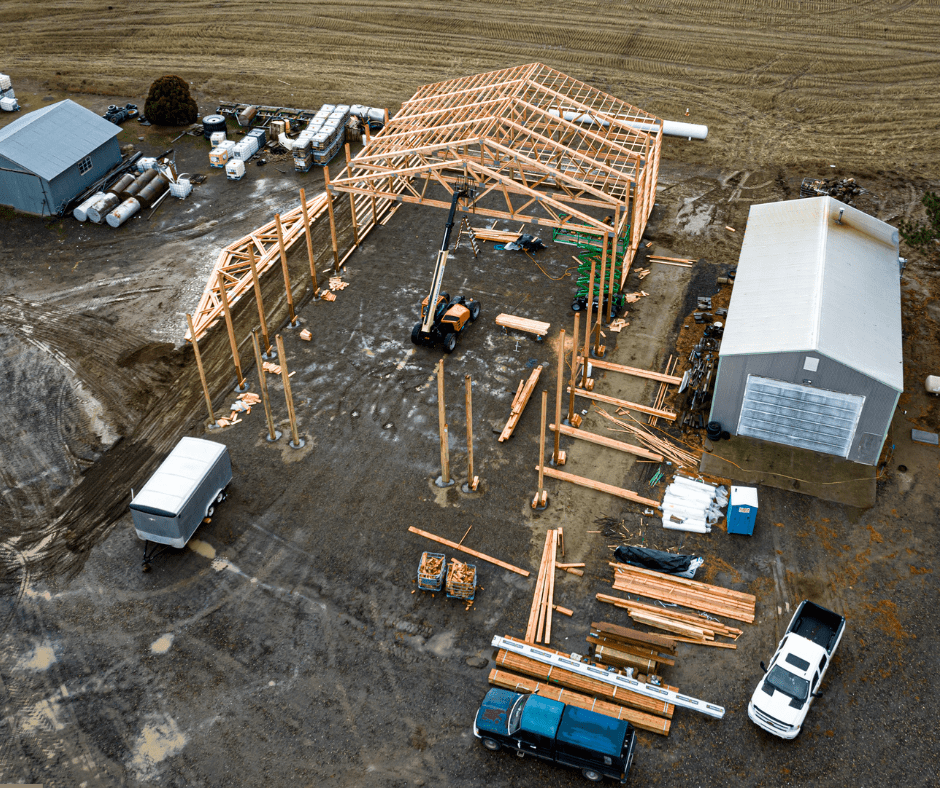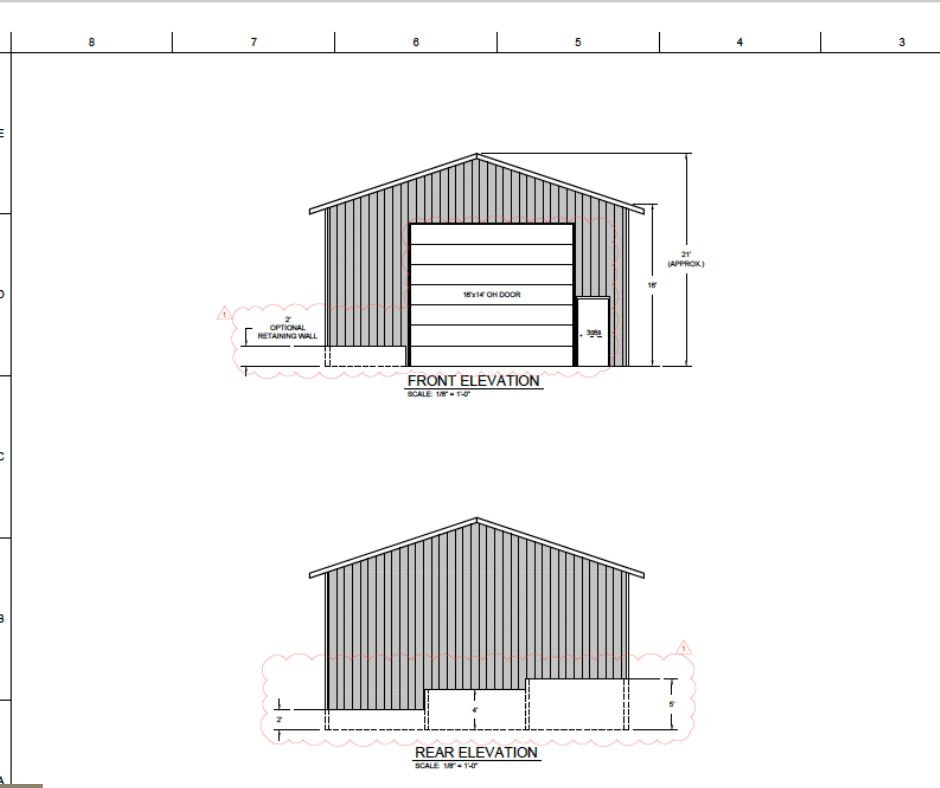Top 5 Mistakes to Avoid When Hiring a Pole Building Contractor in Washington

Let’s explore the top 5 mistakes to avoid when hiring a pole-building contractor in Washington. The goal is to ensure you make a well-informed decision for the future of your property and livelihood.
1. Lack of Proper Research
The basis of any good decision is research. Failure to take the time to explore and conduct thorough research often results in bad decision-making. In order to choose the best pole-building contractor in Washington, it’s important to identify reputable companies and avoid major pitfalls.
Importance of Research
In your quest for information, you can check several variables before choosing a contractor. Some of the things to research include:
- Credentials: Verify your contractor is licensed and certified to perform the work you are looking for.
- Experience: A proven track record of success is a good sign that your contractor will do a good job for you as well.
- References: Look for contractors who can easily offer references. Speaking to past clients might prove to be invaluable.
Red Flags to Watch For
During your research, keep in mind that there are red flags to watch out for. These might include:
- Lack of Licensing: Using an unlicensed contractor can be a huge, costly mistake. They may cut corners and not provide the quality you are looking for. In turn, you can be out a lot of time and money without recourse.
- Negative Reviews: Checking on reviews is a great way to see the feedback from clients. Even if there are negative reviews, read through them as some may come from disgruntled clients without much validation. Always take negative reviews with a grain of salt. However, consistent negative reviews could be telling of real issues too.
- Requiring Large Upfront Payments: Contractors demanding a lot of money to start could be a red flag.
2. Ignoring Experience and Specialization
Overlooking experience and specialization is another common mistake people make when hiring a pole-building contractor in Washington. If you value quality and high standards, then you need to choose a contractor who has extensive experience, especially if your project requires extra work.
Questions to Ask
During this phase of hiring a pole-building contractor in Washington, it is important to ask strategic questions. This information can be useful in making your final decision on a pole-building contractor. Some examples include:
- How many pole-building projects have you completed?
- How many were similar to what I am asking for?
- Can you provide references for similar projects?
- What are typical challenges you face when building pole-buildings in Washington and how do you overcome them?
- How long does it take before we can break ground?
- Do you offer any warranties?
- How do you handle delays?

3. Failing to Get a Detailed Written Contract
Perhaps the most important piece of hiring a pole-building contractor in Washington is to take caution with your contract. A detailed, written contractor is an absolute must when taking on a project of this magnitude. A contract ensures that both you and the contractor are on the same page with clarity on the scope of the project. It is vital to have a proper contract so no one is vulnerable and misunderstandings can easily be cleared up.
4. Overlooking Permits and Local Regulations
Nothing shuts down or delays a project faster than not following permits or local regulations. Doing your research on these two topics is vital to the success and management of your project.
- Permits: Before any project even begins, having the proper permits will determine the direction you can go. Permits serve as a safeguard to ensure that the work being done meets local safety standards, zoning laws, and building codes. When permits are not properly secured you can face fines, legal recourse, and even forced demolition of your project that is non-compliant. Furthermore, permits protect you from liability should an accident or injury occur during the construction process.
- Local Regulations: Local regulations must also be followed for your project to be successful. These regulations are designed to protect the community and ensure buildings are safe. They can cover things like structural integrity, safety measures, and environmental factors.
- Ensuring Compliance: Ideally, you want to have open and transparent communication with your contractor. You can request documentation of all permits and ask for updates on compliance.
5. Neglecting to Set a Realistic Budget and Timeline
Setting proper expectations with your contract is vital to the success you both will share. This means that your communication about your budget and timeline should be clear, and regularly updated. For example, a realistic budget will ensure your project is financially viable which will avoid things like delays, compromised quality, and the need for additional financing. Your budget may also need to include a contingency fund of around 10-20% of the total cost of the project. This is a great buffer to have for any unforeseen circumstances.
The timeline is also a crucial element to be clear on. Your contractor should set realistic expectations of the timeline of the project. Keep in mind that things like weather, permit approvals, and material availability can slow down the process. Be sure to check in regularly with your contractor about the timeline to avoid surprises.
Final Thoughts on Mistakes to Avoid When Hiring a Pole-Building Contractor in Washington
Constructing a pole-building is an exciting time, but mistakes can happen. These 5 mistakes are common among projects, but most can be avoided with research and proper decision-making. Set clear expectations for your contractor and keep the lines of communication open. A good contractor will have nothing to hide and be easily able to update you at any point during the construction process.
